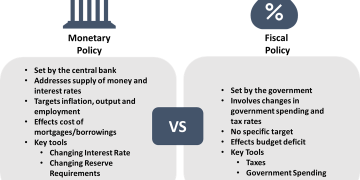Introduction: Why Starting Early Matters
Wealth building is rarely about winning a lottery or finding a magic stock.
It is about time, discipline, and good habits.
For young adults, especially those in their 20s, the greatest financial advantage is not a high salary but the power of compounding over decades.
This guide provides a clear pathway—practical steps that anyone can begin today.
Step 1: Understand the Power of Compounding
- If you invest $100 each month at 7% average annual return, after 40 years you will have nearly $240,000, even though you only contributed $48,000.
- The earlier you begin, the more time the money has to grow; delaying even five years dramatically reduces the outcome.
Step 2: Build Financial Safety First
Before investing, young people should:
- Eliminate high-interest debt such as credit cards.
- Create an emergency fund covering 3-6 months of essential expenses.
- Obtain basic health and life insurance.
These steps protect your investments from being derailed by crises.

Step 3: Start Simple – Core Investment Vehicles
- Index Funds / ETFs: low-cost, diversified, long-term growth.
- Retirement Accounts: employer-matched 401(k), IRA, or local equivalents.
- Low-cost Robo-Advisors: good for beginners who want automation.
Step 4: Automate Saving and Invest Consistently
- Set up automatic transfers from income to investment accounts.
- Practice Dollar-Cost Averaging (DCA): invest a fixed amount at regular intervals.
- Avoid market-timing—focus on steady accumulation.
Step 5: Avoid Common Traps
- FOMO and Hot Tips: do not chase social-media hype.
- Over-Leverage: borrowing to invest multiplies risk.
- Lifestyle Inflation: increase saving rate as income grows.
Step 6: First Five-Year Action Plan
- Year 1: eliminate bad debt, set up emergency fund.
- Year 2: begin automatic investment in index funds.
- Year 3: increase savings rate by 5–10%.
- Year 4: explore small allocation to alternative assets.
- Year 5: review portfolio, rebalance annually.
Conclusion
Wealth accumulation is a marathon, not a sprint.
Young investors who focus on steady habits, diversified portfolios, and long horizons give themselves the best chance to achieve long-term financial independence.
















































